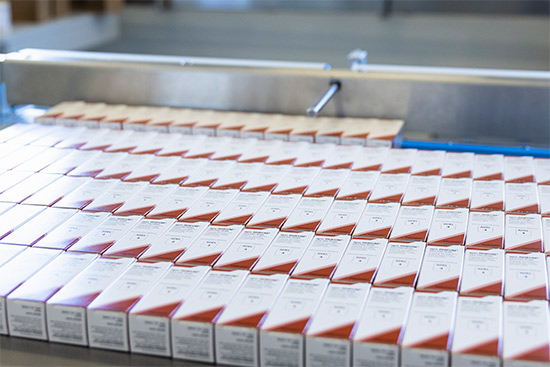Myths & Facts
It is well established that the number of people using homoeopathy is increasing year after year. In fact, more and more, people are using homoeopathy as the first choice of therapy. However, many of them are reluctant because of certain myths surrounding homoeopathic line of treatment. Following are certain myths surrounding homoeopathy that we have tried to clear explaining the real facts behind them.

Myth 1: Homoeopathy is an unproven science.
Fact: Homoeopathy (sometimes also spelled homeopathy) is based on experimental pharmacological and clinical data. Over the years, homoeopathic medicines have been extensively studied for their efficacy in a variety of indications. Clinical studies have been conducted in India as well as other countries. In fact, the term ‘Allopathy’ was coined by the founder of homoeopathy whom the allopaths regard as the founder of experimental pharmacology.
Myth 2: Homoeopathic medicines are only sugar pills which act more as placebos and have no medicinal value as such.
Fact: Yes, the white sugar pills, as such do not have any medicinal value. But these act as vehicles or carriers for the medicines, which are alcohol based. Otherwise the medicine can be taken directly or dissolved in water. Homoeopathic medicines have been scientifically studied the world over and found to be effective in a wide range of diseases. Thus they are not placebos.
Myth 3: Homoeopathy is slow acting and cannot be used in acute cases of diarrhea, fever, cough, cold, etc.
Fact: Homoeopathy is fast acting in acute cases and can be effectively used in treating infections, fever, cold etc. Unfortunately, people tend to go to a homoeopath only when the acute problem becomes chronic. Naturally, these cases take longer to treat. Also, most people take recourse in homoeopathy in cases of arthritis, allergic asthma or skin conditions etc., which take a longer time to treat with any other system of medicines.
Myth 4: Homoeopathy is a ‘magic remedy’ that can treat any disorder.
Fact: Homoeopathy, like any other field of medicine, has its limitations. For example, it cannot treat cases where surgery is unavoidable, dental cases, etc.
Myth 5: Homoeopathic doctors are quacks who do not have formal training in the field of medicine.
Fact: Qualified doctors practice Homoeopathy, in most parts of the world. In India, there are over 180 medical colleges, which offer degree and post-graduate studies in Homoeopathy. At present, there are over 200,000 trained homoeopaths in the country.
Myth 6: One has to follow strict dietary restrictions while on homoeopathic treatment.
Fact: Some patients are asked to abstain from onions, garlic, coffee, tea, alcohol etc. as these substances interfere with the action of certain homoeopathic medicines. But then, restricting alcohol and tobacco is also safe and healthy.
Myth 7: Homoeopathy is only useful in chronic cases.
Fact: Very often it is – where everything else has failed! But the true reason for this perception is because people turn to homoeopathy so late when everything else has failed! After years of allopathic treatment often an illness becomes chronic. The treatment will now naturally take longer than in case of using homoeopathy right from the beginning.
Myth 8: Homoeopathy cannot be used in diabetic patients.
Fact: It can! The minute amount of sugar globuli (the little round pills) taken daily does not matter. Sugar intake in the daily diet is significantly higher than that taken by a few globuli. In very severe cases, the dilution may be taken as drops in water or over lactose.
Myth 9: The homoeopath gives the same white pills for all types of illness. How can they be really effective?
Fact: Depending on the illness, homoeopaths medicate with different medicines. The sugar pills serve only as a vehicle for transfer of the medicine. The selected medicine, out of a range of more than 1200 different dilutions, is targeted to the individual problems.
Myth 10: Are there really no side effects of homoeopathic medicine?
Fact: Generally there are no side effects of homoeopathic medicine if prescribed in potencies of 3CH and above. However, some tinctures and triturates in very low potencies like 1x, 2x have some side effects of minor nature.
 Click here to
Click here to 
 Consultation
Consultation
 Track
Track English
English
 Australia
Australia
 India
India

